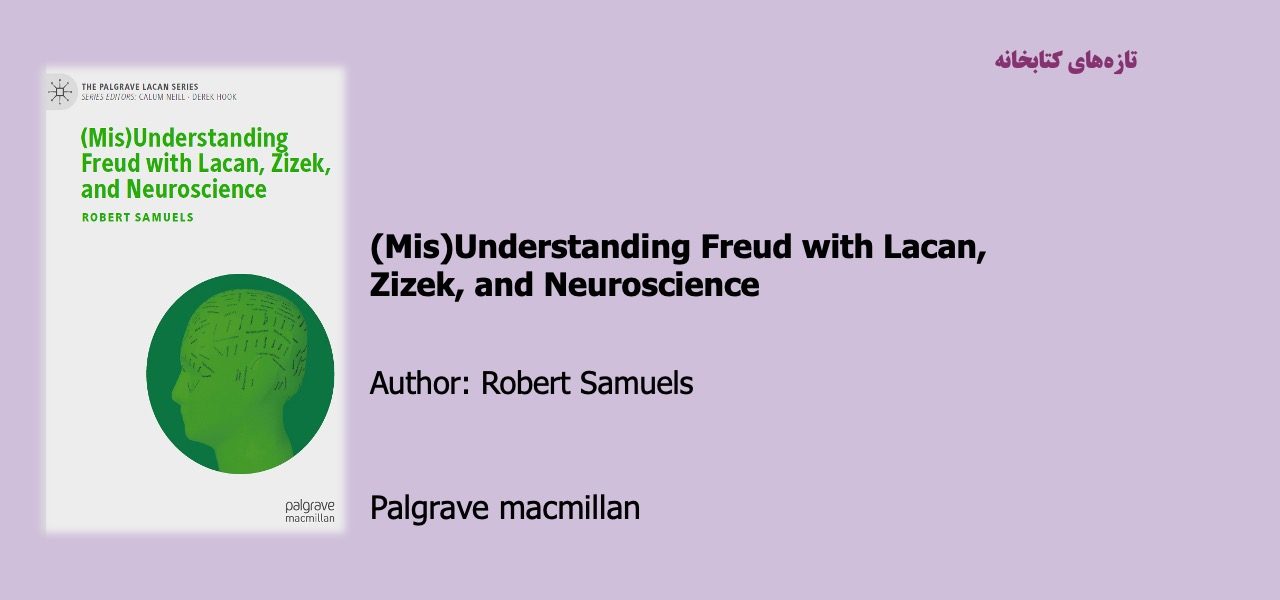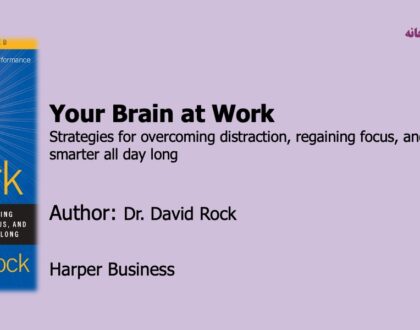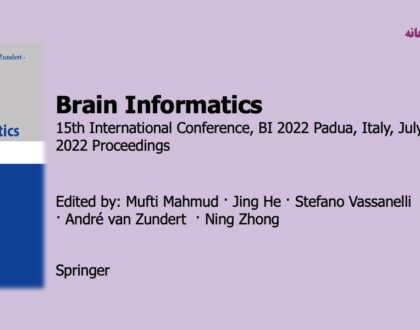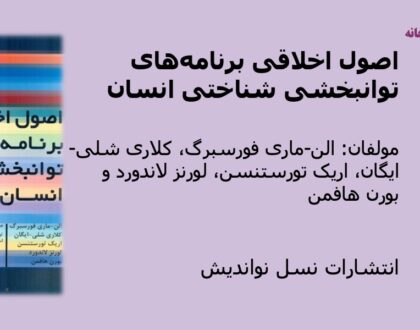(Mis)Understanding Freud with Lacan, Zizek, and Neuroscience

The main argument of this book is that psychoanalytic theory and practice is structured by five threshold concepts, yet these principles are rarely understood—even by psychoanalysts themselves. In examining the original meanings of the pleasure principle, the primary processes, the unconscious, transference, and the reality principle, I hope to provide a stable and clear ground for this important discipline. I will also focus on the many ways these core concepts are distorted and repressed. While the psychoanalyst must remain open and unbiased during treatment in order enable the uncensored free association of the patent, this analytic position is determined by a clear understanding of the theory’s key concepts.
I will argue that in his early Project for a Scientific Psychology, Freud develops a narrative of human development that will continue to shape his work throughout his life.1 I consider this unpublished text to be the blueprint and key to psychoanalysis because it presents his five central concepts in one complete system. Freud’s early work is also important because it aimed to ground psychoanalysis in neurology; however, Freud also introduces a vital challenge to the brain sciences.
مطالب مرتبط

Your Brain at Work
۱۴ / فروردین / ۱۴۰۲

Brain Informatics
۱۴ / فروردین / ۱۴۰۲

اصول اخلاقی برنامههای توانبخشی شناختی انسان
۱۴ / فروردین / ۱۴۰۲

